This section of the site contains selected open access papers from our journals:
Use the links above to access the index of JCPP and CAMH.
This section of the site contains selected open access papers from our journals:
Use the links above to access the index of JCPP and CAMH.

Maria E. Loades, Kiki Mastroyannopoulou.
Key Practitioner Message includes; Teachers were generally good at recognising the existence and severity of symptoms of problems (behavioural or emotional) presented by a child described in a vignette.
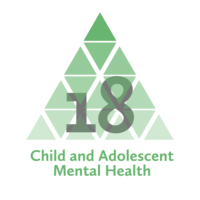
Joni Holmes, Susan E. Gathercole, Maurice Place, Tracy P. Alloway, Julian G. Elliott, Kerry A. Hilton.
Key Practitioner Message includes; Guidance from clinicians about the difficulties in executive functioning experienced by children with ADHD may prove helpful to teachers and parents.
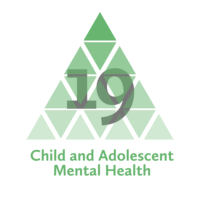
Ilina Singh, Tim Kendall, Clare Taylor, Alex Mears, Chris Hollis, Martin Batty, Sinead Keenan.
Key Practitioner Message includes; Close friendships are important to young people with ADHD and are sometimes used to protect them from bullying and in other difficult situations.
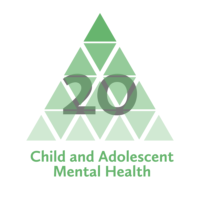
Julie Davies, John Wright.
Key Practitioner Message (Relating to looked‐after children and service user involvement) includes; Vulnerable children should be given equal choice and involvement in their treatment decisions and not miss out on the wider NHS drive for service user involvement.

Martin J Batty, Maria Moldavsky, Pooria Sarrami Foroushani, Sarah Pass, Michael Marriott, Kapil Sayal, Chris Hollis.
Key Practitioner Message includes; It is important to place outcomes in the context of the type of service, case complexity, diagnosis/clinical cluster and treatment goals.
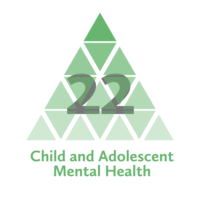
Cliff McKinney, Reesa Donnelly, Kimberly Renk.
Most cited CAMH paper #22 of 25: Perceived Parenting, Positive and Negative Perceptions of Parents, and Late Adolescent Emotional Adjustment
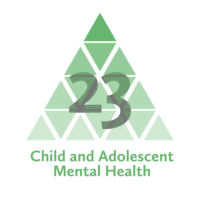
Keith Hawton, Karen Rodham, Emma Evans, Louise Harriss.
Most cited CAMH paper #23 of 25: Adolescents Who Self Harm: A Comparison of Those Who Go to Hospital and Those Who Do Not

Geoffrey Baruch, Ioanna Vrouva, Pasco Fearon.
Key Practitioner Message includes: Externalising problems, homelessness and being younger increase the likelihood of dropping out
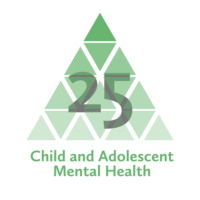
Hayley C. Leonard, Elisabeth L. Hill.
Key Practitioner Message includes: Significant relationships exist between the development of motor skills, social cognition, language and social interactions in typical and atypical development

Editorial: Improving health care for gender diverse youth through education and training. By Dr. Christopher G. AhnAllen
Read more